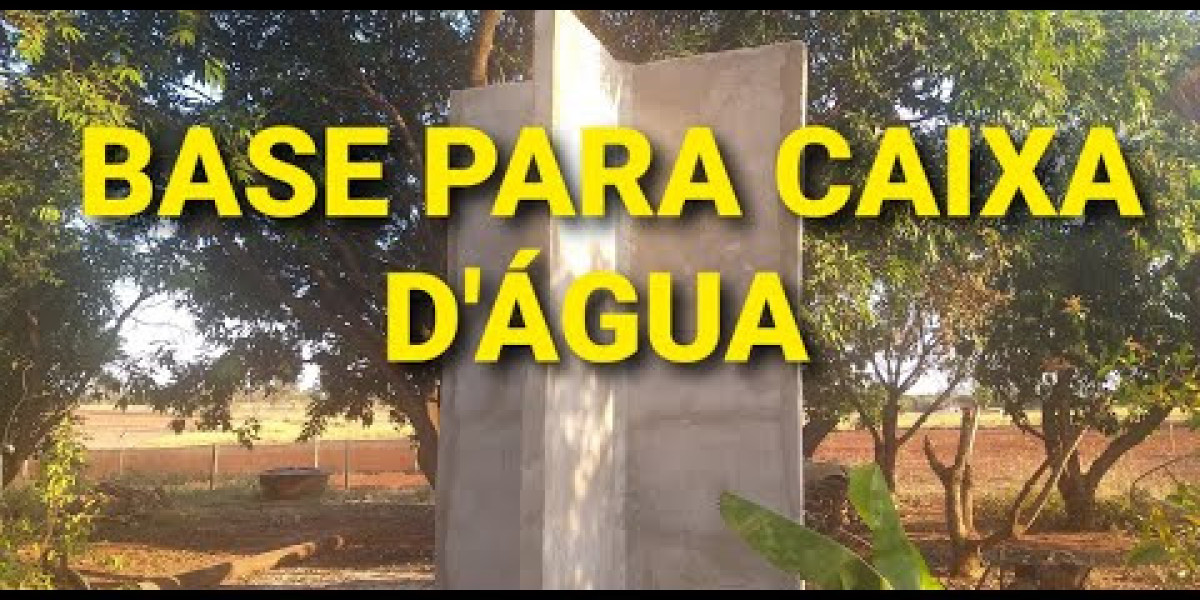Crops in Botswana grow slowly due to dryness and cold-weather, and this is a barrier to the accomplishment of a low carbon society based upon bioenergy. However, the nation has an abundance of wild plants that can endure dryness and winter cold. It also has big numbers of Jatropha trees, whose seeds have plentiful quantities of an oil considered to hold fantastic pledge as a biofuel. The goal of this job is to make use of these resources to establish Jatropha varieties that are resistant to dryness and cold weather and deal high productivity, in addition to to establish approaches of cultivating these varieties. In this method, a biological method will help to achieve a low carbon society.
The goal of this job is to make use of these resources to establish Jatropha varieties that are resistant to dryness and cold weather and deal high productivity, in addition to to establish approaches of cultivating these varieties. In this method, a biological method will help to achieve a low carbon society.
Creating a bioenergy production model based upon the country's own biological resources
A database of biological resource data associating with jatropha curcas will be constructed and ideal ranges will be developed. Moreover, in this desert that is subject to cold weather condition, efforts will be made to develop a growing system that is flexible with respect to environment change.
Moreover, in this desert that is subject to cold weather condition, efforts will be made to develop a growing system that is flexible with respect to environment change. The project will work to build a sustainable bioenergy production model using plant genetic resources that are indigenous to Botswana.
The project will work to build a sustainable bioenergy production model using plant genetic resources that are indigenous to Botswana.







